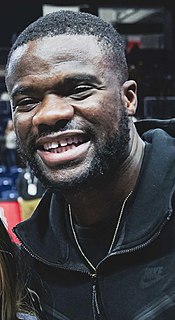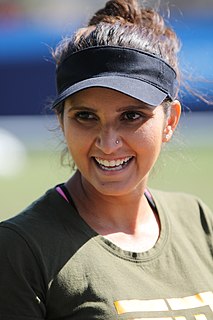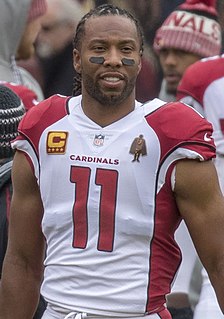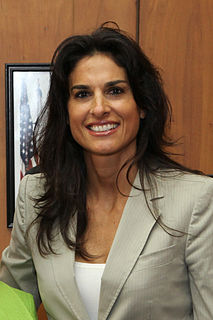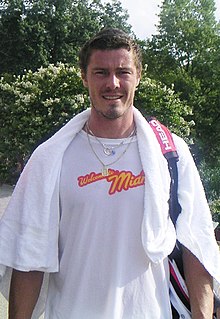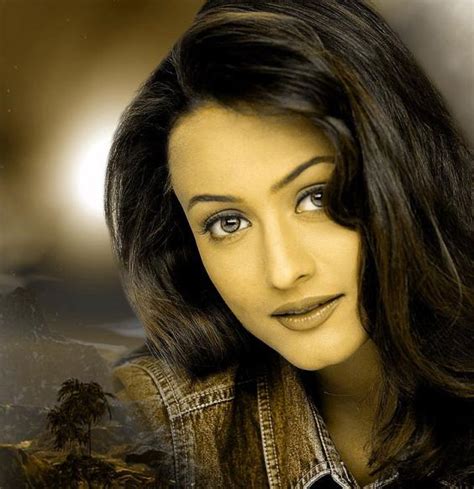A Quote by Rita Mae Brown
Related Quotes
People in tennis, they've been in a certain bubble for so long they don't even know who they are, because obviously it's just been tennis, tennis, tennis. And let it be just tennis, tennis, tennis. Be locked into that. But when tennis is done, then what? It's kinda like: Let's enjoy being great at the sport.
For sure, with golf it's not a physically demanding sport like tennis. That's what makes tennis great - you combine both things. It's a very mental sport and at the same time can be dramatically physical. But I do admire the mentality of sport more than the physicality because physical performance is much easier to practice than mental performance.
I love chess, and I didn't invent Fischerandom chess to destroy chess. I invented Fischerandom chess to keep chess going. Because I consider the old chess is dying, it really is dead. A lot of people have come up with other rules of chess-type games, with 10x8 boards, new pieces, and all kinds of things. I'm really not interested in that. I want to keep the old chess flavor. I want to keep the old chess game. But just making a change so the starting positions are mixed, so it's not degenerated down to memorisation and prearrangement like it is today.
Like Dvoretsky, I think that (all other things being equal), the analytical method of studying chess must give you a colossal advantage over the chess pragmatist, and that there can be no certainty in chess without analysis. I personally acquired these views from my sessions with Mikhail Botvinnik, and they laid the foundations of my chess-playing life.

